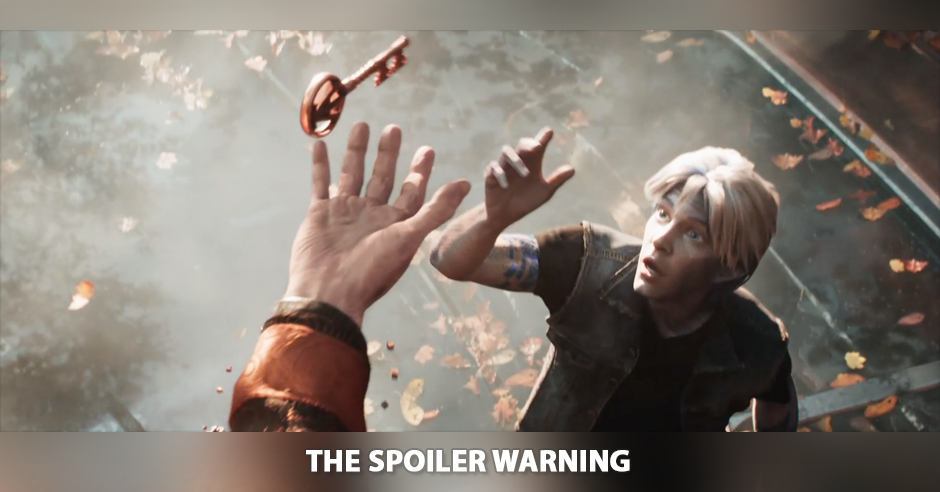Some people can read War and Peace and come away thinking it’s a simple adventure story. Others can read the ingredients on a chewing gum wrapper and unlock the secrets of the universe. Still others can watch a virtually plot- and character-arc- free romp through childhood awe and pop culture nostalgia, and walk away filled with some emotional truth.
In spite of my snobbier instincts — and aided, I’m sure, by a lack of familiarity with the source material — Ready Player One (3.5/5) can slot my name in on that third leaderboard. I thought it was fun, soulful, and exactly as satisfying as its premise demands. Sure, I could harp on all reasons this shouldn’t work (for nit-picks about story beats, contemporary themes, and other things the movie clearly isn’t concerned with, feel free to consult the episode). Parzival’s is a journey with all the depth of an 80’s side-scroller — fast-paced and simple, prone less to grand strategy than urgent button-mashing, propelled toward an inevitable conclusion by mechanics that don’t matter. What does matter is exactly what Spielberg thrives at: dazzling, full-hearted spectacle. Ready Player One is about the feeling of being barreled over by much-ness; of being wide-eyed and alive. Much-ness means an impossibly detailed, towering production design — in the periphery of any given frame you’re likely to spot a dozen Easter eggs, each a painstakingly realized relic of how-did-they-get-the-rights-to-that film/game history. The Oasis instilled the same thrill in me as Judy Hopp’s winding train to Zootopia: a promise of infinite possibility that hums in the background even as the foreground narrows in scope. Wide-eyed means thinly-sketched characters shouting for universal concepts like “freedom” and “adventure”; it means falling in love over a 2-minute dance sequence and giving it more weight than an exploding city block. Wide-eyed also means optimism and naiveté and glossing over all relevant details; it means feeling what it felt to be a teenager, when everything threatened to engulf you. Our protagonists may have set out to save the world, but the heart of their story is about growing up and finding balance. Watts wades into self-determination, learning freedom without ever letting it intoxicate him. Art3mis, having already established her voice, learns to ease herself back into Samantha. And Spielberg learns that putting away childish things doesn’t have to mean keeping them totally out of reach; that giddy escapism and nostalgic fluff have a place on the “adult” shelf alongside dead presidents and newspaper execs.
I can’t perfectly defend it on rational grounds. But this week, “fluff” was filling enough — I was glad to watch a movie whose director was clearly having as much fun as his characters. Chris and I talk Inception, Willy Wonka, and the mechanics of zeroing out in this week’s episode.
